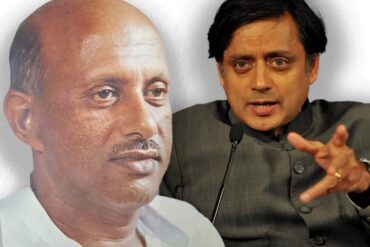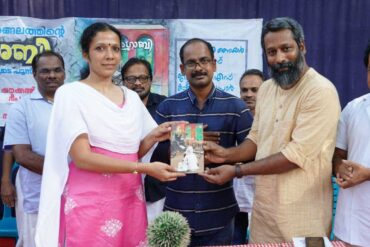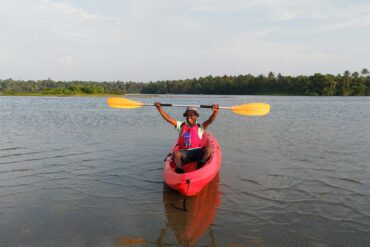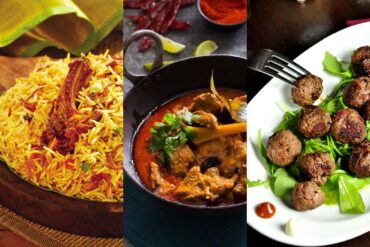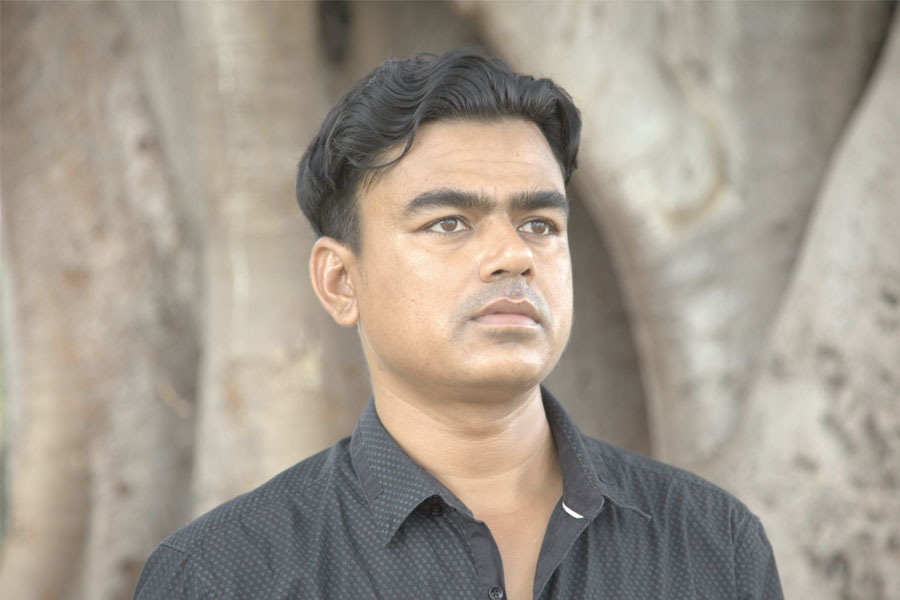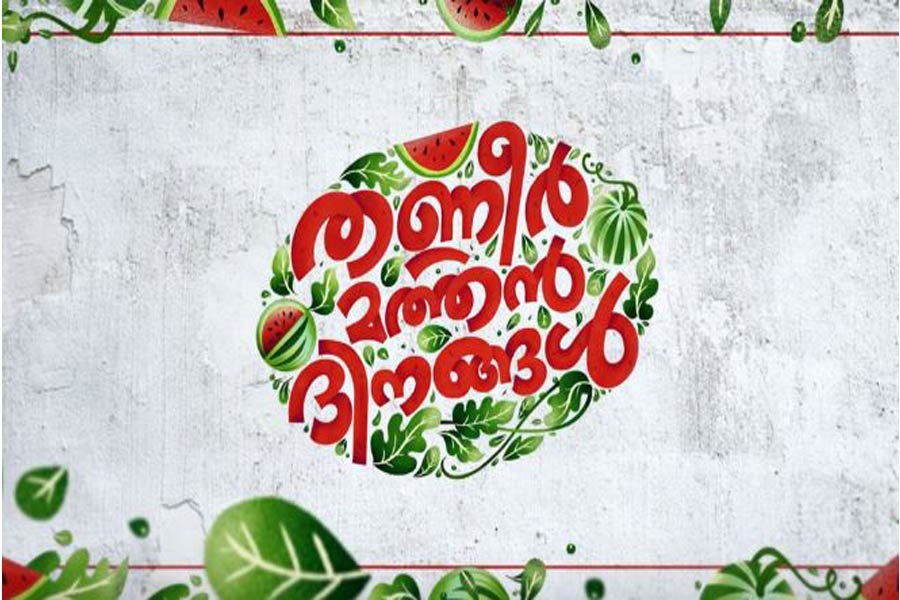We move to New Thatkaybyin, close to where Mum was born. It is on the outskirts of Sittwe, where nearly all the city’s Muslim neighbourhoods, except Minghala, are located. On arrival, I discover that Granny’s so-called abundant ponds in her backyard are actually really small, with just a few fish swimming around, which she sells at the market or occasionally fries up to eat. I soon find out that the house where Mum used to live in Thatkaybyin is now part of Military Training Camp 313, where Rohingya and other prisoners are interrogated and tortured.
The population of Thatkaybyin has been relocated eight miles away to New Thatkaybyin, which is where Granny now lives. The original village was ransacked during Operation Clean and Beautiful Nation, in which every house was searched, and hundreds of villagers, including some of my uncles, cousins, and mother’s friends, were interrogated and arrested, while others were forced to surrender their property or pay fines. Some disappeared, always for the same crime of simply existing.
The authorities make families submit an official list of family members that allows them to monitor the movements of every person in every household as they patrol our neighbourhoods. If a family member fails to return home before curfew, he or she is arrested. If someone disappears, the whole family suffers. We are now registered on Granny’s family list and, every evening, we have to be back in her hut before sunset. They are keeping a close watch on us.
Besides her small fish farm, Granny grows a few vegetables that she trades at the morning market. I become acquainted with new uncles, aunts, and cousins to whom I am closely or distantly related. They all welcome us warmly and bombard us with recommendations and explanations about what to expect from this new life. ‘Avoid the Kyaungdalan neighbourhood. Three gangs of young Rakhines regularly assault Rohingya there.’ ‘May God protect us, our old mosque is still just about standing, but every day a member of the family is sent to help build the cultural museum on land that belongs to the mosque. How long before it’s reduced to rubble?’ ‘The local authorities have begun a major building project for the Buddhists, the Lawkananda pagoda. They’re extremely proud of it. They recruit us to carry bricks and sacks of cement, or force us to make donations towards the building work.’
‘What are you going to do about your sons? They are clever boys. You could send them to a religious school. No one will bother them there and they won’t be bullied by the teachers or the other students.’
Dad makes it clear that his decision is made—a state school.
‘They are strong enough not to let it upset them. I want my children to enjoy the same education as other Burmese children. It’s their right.’
I notice that there is not the same camaraderie between ethnic groups as there was in my village. The Rakhines are the majority here. There are no Chins, Khumis, or other minorities. The kind of diversity that encourages tolerance does not exist. The Rakhines’ nationalist pride and religious extremism creates a climate of fear, and frequent harassment and bullying add to the dangers already posed by the authorities and the army, in particular the NaSaKa.
Like other Rohingya, I quickly learn to avoid the Rakhine neighbourhoods, where we are exposed to insults and threats, and where the total impunity that reigns often puts our lives at risk. As the Rakhines see it, beating a Rohingya is no more reprehensible than thrashing a defenceless animal. Taking the long way round becomes a routine security measure.
Dad gets it into his head that he wants to grow crops on the last plots of land for which Grandma, my paternal grandmother, still holds the deeds. He has borrowed some gardening tools and plans to go there in a few days’ time to dig over the soil and plant his seeds. This will enable him to feed his family. The plot of land in question is close to Granny’s house, in the Nazi district, named after the former Rohingya village chief Nazirahm. Then comes news from on high, as if destiny itself were against us: the local authorities are prohibiting the planting of crops and confiscating any land used for growing them. Despite the efforts of relatives to dissuade him, in desperation my father decides to file a complaint.
Several days later, he is called to the ASPDC. He gathers together the old papers that he keeps carefully in a plastic wallet. I ask him, ‘Why didn’t you have papers for our house in Mylmin?’ ‘Title deeds are rare in ethnic regions, Habib, but they are more common in large urban areas like Sittwe, Yangon, and Mandalay. It is a system that was introduced by the English. Nowadays, these are the only papers that we can use to prove that we have certain rights, and the soldiers cannot simply ignore the ones that I’ve got here. They may be nasty and vicious, but when it comes to constitutional laws, they have to think twice before disregarding them.’
I go with him to the local authority office and wait on the bench outside. I can hear the conversation through the window.
‘The land that you are laying claim to in the Nazi district has been sold for the benefit of the state and the people of Myanmar. It is public property and will be used for the nation.’
‘So the law does not apply here? You represent the state. You understand the meaning of the law and the value of my title deeds.’
‘We are the law here! Do you understand?’
‘I make just one request. Take the land but keep my father’s name on the title deeds.’
‘Have you got no brains?! Do you want to spend the rest of your life in prison like that other kalar, Hla Aung, the so-called lawyer? Get out of my office now and don’t come back bothering me with your whining or it will be straight to jail for you!’
This is followed by a long silence. Dad emerges from the office, his face betraying a combination of anger and disappointment. We head back to the village.
Despite my family’s financial difficulties, Dad introduces me and my brother to the headmaster for enrollment in secondary school, and he applies to enrol my little sisters in the primary school. It costs a lot of money, and the other Rohingya don’t understand why my father is so determined to send us to a school where abuse and humiliation will be major obstacles to our learning. With the constant taxes, property confiscations, and arrests, sending us to school is not only an extra expense, but also more money that needs to be earned.
My brother and I are given some work at a small youth hostel. We sell bus tickets and write letters and special dispensation requests for Rohingya wishing to travel outside Sittwe. I also help those who have managed to obtain temporary permits to leave Maungdaw in the far north of Arakan. They have travelled huge distances in the hope of finding a solution for their various desperate situations, mostly involving buying medicines for a dying relative or telephoning family members in exile, begging them to send money.
The fact that my brother and I speak Rohingya, Rakhine, and Burmese fluently means that we can sell our services and, at the same time, be useful to our community. In Arakan, only Muslims are required to obtain travel permits. Completed documents must be presented in person at 11 different administrative offices around town. Each official’s palm is greased in exchange for his stamp, standard everyday bribes without which the temporary travel permit for ‘Bengalis’ is rejected. Rohingya are scared of doing this themselves because dealing directly with the authorities always entails an element of risk. Without these documents, it is impossible to leave the village, even to visit a sick relative in Arakan, the same region. Babuli and I are beginning to understand how the system works and how to approach officials.
After running from one office to another the whole morning, I take a short break in a small teahouse where the owner provides a Thermos free of charge. Three adult Rakhines come in. They deliberately bump into me before sitting down at a little table next to mine and launching into a vehement diatribe.
‘In the past, my grandfather used to chop kalars’ heads off, but they breed quickly, those mongrels.’
‘They come here and convert our women. They marry four at once, and then they knock them up! It’s like the plague, it spreads. The problem needs to be nipped in the bud before we get totally invaded.’
‘Rakhines are the descendants of the King of Arakan. We mustn’t forget that. It’s high time that we did a real cleansing operation instead of sitting back and letting ourselves be invaded.’
‘They’ve already had enough hospitality from us. They’ve even stolen the shade from our trees and our houses.’
I’ve got used to this kind of lunacy, but still my blood boils every time I hear it and I’m filled with disgust. I don’t feel hatred, because I understood a long time ago that hate serves no purpose, it is just stupid and belittling to those who feel it. My instinct for survival kicks in. Nothing that I could say or do would make me prevail in this situation. I have to move carefully to prepare an escape route so that these imbeciles don’t find some excuse to get carried away, which could be disastrous for me. They pretend that they haven’t noticed me until one of them prods me with his finger.
‘Hey, kalar, are you listening?’ I shift away a little, and try to behave as if nothing has happened. He puts the finger that he has just used to prod me in his mouth.
‘Kalars are like salt for us. We’re going to dissolve you on our tongues until there’s nothing left of you.’
Just as I stand to make my escape, the three men launch themselves at me. The punches fly. I pick myself up without retaliating and quickly make myself scarce, aching all over, with a shooting pain in my ribs. Eventually, Babuli and I are accepted by the school. Dad has done what needed to be done. There are thousands of students, but only four of us are Muslims. When we enter the building for the first time we’re met with contemptuous and hostile looks. We have to act meek. We carry on walking, pretending to be impervious to the sneering. We quickly get into the habit of not hanging around in certain isolated places or empty corridors. I concentrate on my lessons and my studies. As the weeks go by, my classmates become less unpleasant than those in other classes. Some even reply politely when I take the risk of asking them for some extra information that I need. However, I’m scared of the breaks, and of class outings where every opportunity is taken to shove, insult, or hit me.
Although it is obvious that the Rakhine and Bamar teachers feel repulsion and animosity towards me, they do sometimes intervene when I am being jostled and knocked about in the corridors or the playground. The boys are the most vindictive. The girls tend to stay on the sidelines, making fun of my eyebrows, nose, and skin colour. I learn to distance myself from it all, to ignore the insults, turn a deaf ear to the racist comments, and apply myself to my homework so that none of the teachers has any reason to complain about my behaviour or my results. I attend all the classes, pay attention to every single explanation, and prefer to offer my classmates help rather than count on theirs.
Excerpted with permission from the book First, They Erased Our Name, A Rohingya Speaks published by Penguin
Habiburahman, known as Habib, is a Rohingya. Born in 1979 in Burma (now Myanmar), he escaped torture, persecution, and detention in his country, fleeing first to neighbouring countries in Southeast Asia, where he faced further discrimination and violence, and then, in December 2009, to Australia, by boat. Habib spent 32 months in detention centres before being released. He now lives in Melbourne. Today, he remains stateless, unable to benefit from his full human rights. Habib founded the Australian Burmese Rohingya Organization (ABRO) to advocate for his people back in Burma and for his community. He is also a translator, social worker, the support service co-ordinator at Refugees, Survivors and Ex-Detainees (RISE), and the secretary of the international Rohingya organisation Arakan Rohingya National Organisation (ARNO), based in the UK. The hardship and the human rights violation Habib has faced have made him both a spokesperson for his people and a target for detractors of the Rohingya cause.

